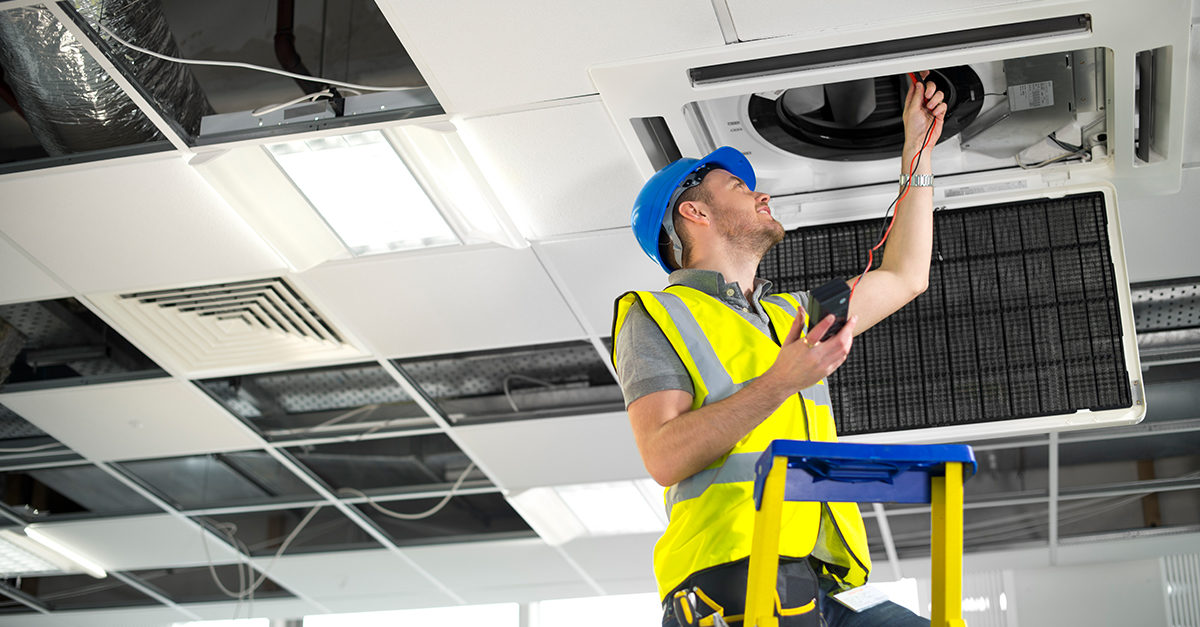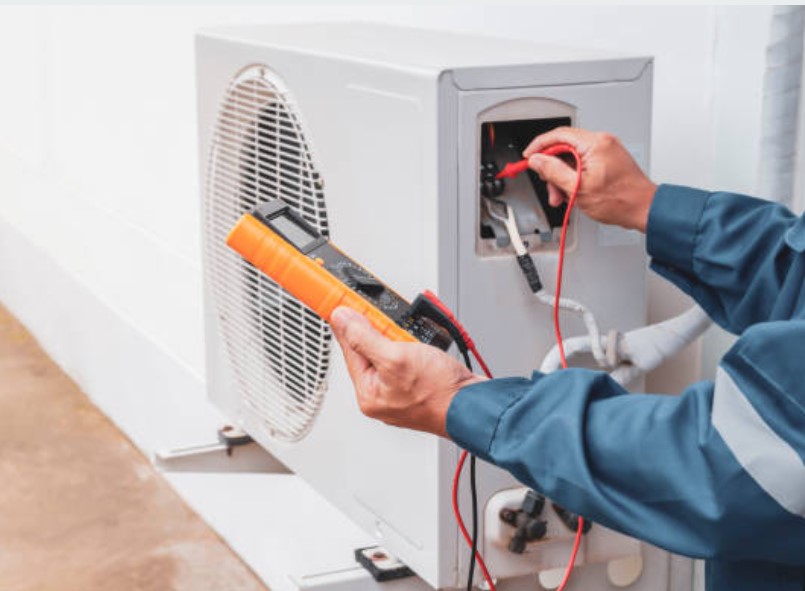Experiencing unpleasant odors from your home or office vents can be quite distressing. The primary focus of this fixing smelly vents inspection guide is to provide a comprehensive approach to identifying and resolving the causes of these odors. Whether you’re a homeowner or a business owner, understanding the root of the issue is crucial for maintaining a healthy indoor environment.

Why Do Vents Smell?
Vents can emit unpleasant odors for a variety of reasons. These include mold growth, accumulated dust, animal infestations, or even mechanical issues within the HVAC system. Identifying the exact cause is the first step in effectively addressing the problem.
Initial Inspection
The initial inspection of your smelly vents involves checking for visible signs of mold or dust. Look for any discoloration or buildup around vent openings. A quick sniff test can also help identify specific areas where the odor is strongest.
Tools Needed for Inspection
Before you start the inspection, gather necessary tools like a flashlight, screwdriver, and a mirror. These tools will help you look into hard-to-reach areas of the ductwork. A portable camera can also be useful for documenting any issues you find.
Common Causes of Smelly Vents
Mold and Mildew
Mold and mildew thrive in damp environments, making your HVAC system an ideal location if moisture is present. If left unchecked, mold can not only cause unpleasant smells but also pose health risks.
Accumulated Dust and Debris
Dust and debris can accumulate over time, especially if filters are not regularly changed. This buildup can lead to musty odors emanating from the vents.
Animal Infestation
Small animals like rodents or insects may find their way into the ductwork, leading to foul odors. Identifying and removing these pests is crucial for eliminating the smell.
Inspecting the HVAC System
Your HVAC system is integral to maintaining indoor air quality. Inspecting components like the air filters, coils, and ductwork is essential for pinpointing the source of the odor.
Checking Air Filters
Air filters should be checked and replaced regularly. Clogged or dirty filters can lead to poor air circulation and the development of unpleasant smells. Learn more about fixing smelly vents solutions.
Examining Coils
Evaporator and condenser coils can accumulate dirt and mold, affecting the efficiency of the system and contributing to bad odors. Regular cleaning is recommended.
Solutions for Fixing Smelly Vents
Once you have identified the cause of the odor, applying the right solution is critical. Here are some effective methods:
Cleaning Ducts
Professional duct cleaning can remove dust, mold, and other debris, significantly reducing odors. Consider scheduling regular cleanings to maintain air quality.
Using Deodorizers and Fresheners
While not a permanent solution, deodorizers can help mask odors until the underlying issue is resolved. Use them sparingly to avoid overwhelming scents.
Repairing or Replacing Damaged Components
If mechanical issues are the cause, repairing or replacing damaged parts of the HVAC system is necessary. This may include fixing leaks or replacing faulty components.
Preventive Measures
Prevention is always better than cure. Regular maintenance of your HVAC system can prevent most causes of smelly vents.
Regular Maintenance Schedule
Establish a maintenance schedule that includes regular cleaning and inspection of your HVAC system. This will help catch potential issues before they become significant problems. Learn more about preventing odor in ducts causes.
Upgrading Your HVAC System
Consider upgrading to a more efficient system if your current one is outdated or in constant need of repairs. Newer systems often have features that prevent odor issues.
Ensuring Proper Ventilation
Ensure your home or office is well-ventilated. This can be achieved by opening windows, using exhaust fans, and ensuring your HVAC system is properly balanced.

Frequently Asked Questions
How often should HVAC filters be changed?
Filters should be checked monthly and replaced every 1-3 months, depending on the type and usage of the HVAC system.
Can I clean the ducts myself?
While basic cleaning can be done by homeowners, professional duct cleaning is recommended for thorough results.
What are the health risks of mold in vents?
Mold can cause respiratory issues, allergic reactions, and other health problems. It’s essential to address mold issues promptly.
For more information on how to tackle smelly vents, check out this external guide on dealing with musty air conditioner smells.
This article contains affiliate links. We may earn a commission at no extra cost to you.